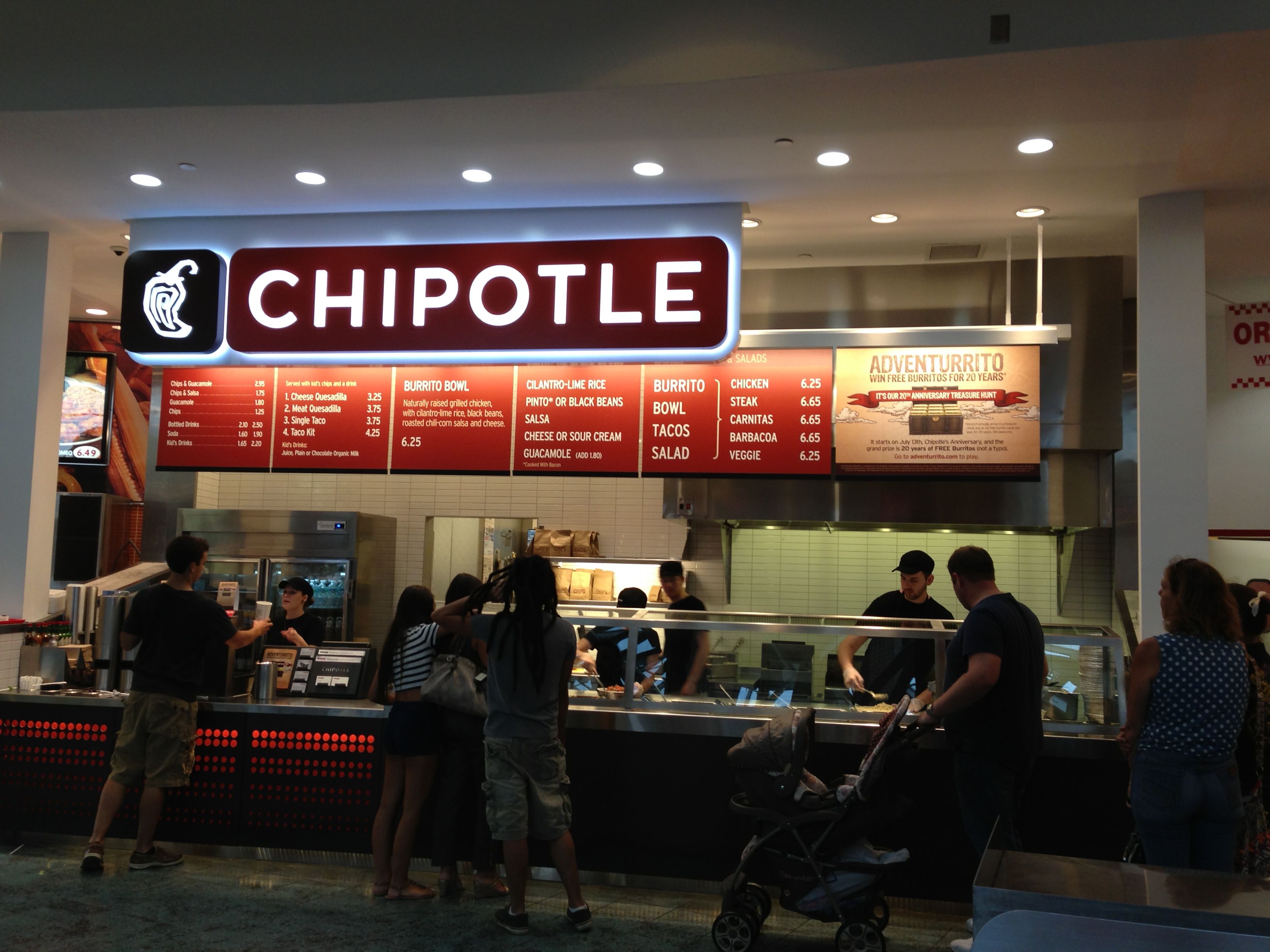The saga of Chipotle’s food safety woes continued today. This morning, according to Business Insider, Chipotle CEO Steve Ells hit the Today Show to talk about one of their current outbreaks (the E. coli O26 one, not the norovirus one).
“This was a very unfortunate incident and I’m deeply sorry that this happened,” Ells said on NBC’s Today Show. “But the procedures we’re putting in place today are so above industry norms that we are going to be the safest place to eat.” Ells said it’s a “really tough time” for Chipotle.
“We have closed our restaurants out of an abundance of caution and tested all the ingredients, surfaces — thousands and thousands of tests — and they call came back negative for E. coli,” Ells said.
A team of epidemiologists and food-safety experts has investigated the delivery, handling, cooking, and serving of all 64 of Chipotle’s ingredients, and developed better food-safety standards for the chain going forward.
“It has caused us to put in practices … that will put us 10 to 15 years ahead of industry norms and I believe this will be the safest restaurants to eat at,” Ells said.
I’m still not sure what this means. Or what it is that Chipotle plans to do that is so revolutionary, but since food safety isn’t a competitive issue; I’m sure they’ll share the details.
In related news, Chipotle’s stock rebounded with a five per cent bump following Ells pledge for better food safety.
James Surowiecki of the New Yorker compares Chipotle to Jack-in-the-Box which still carries stigma over 20 years after a devastating and tragic outbreak.
Chipotle can take solace in the knowledge that Jack in the Box did eventually recover, and indeed prospered. And Chipotle has advantages that Jack in the Box did not. Its reputation for quality before the crisis was stronger, which means that the reservoir of good will among customers is higher. It is also the market leader in the fast-casual category—a sector it essentially created—rather than an also-ran, as Jack in the Box was. Still, those advantages only go so far. There are now myriad good fast-casual alternatives in much of the country. Customer loyalty is no longer what it was—consumers are far more likely to abandon brands when they disappoint. And while Chipotle has said that it is introducing more stringent testing and reassessing its food-handling practices, its reliance on local suppliers means that the task of insuring the integrity of its supply chain will be harder than what Jack in the Box faced.
Oh, and according to Bloomberg, one of Chipotle’s Seattle outlets that was closed last month during the O26 investigation, and then reopened, was closed again today after an inspector found deficient handling practices including temperature control issues.
The public-health department for Seattle and King County closed the restaurant, which was located in the city’s South Lake Union neighborhood, according to a statement from the agency on Thursday.
In Seattle, an inspector found that food wasn’t being kept hot enough on a line that prepares takeout orders, said Chris Arnold, a spokesman for Chipotle Mexican Grill Inc. “We are looking into the cause of that and will certainly address it,” he said in an e-mail.
